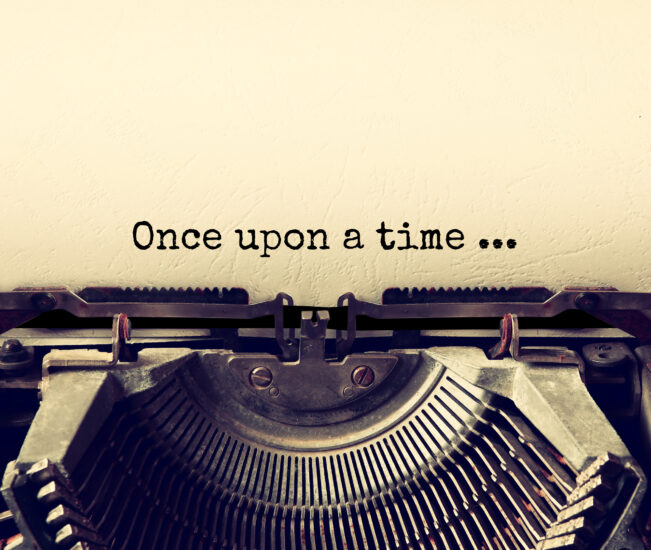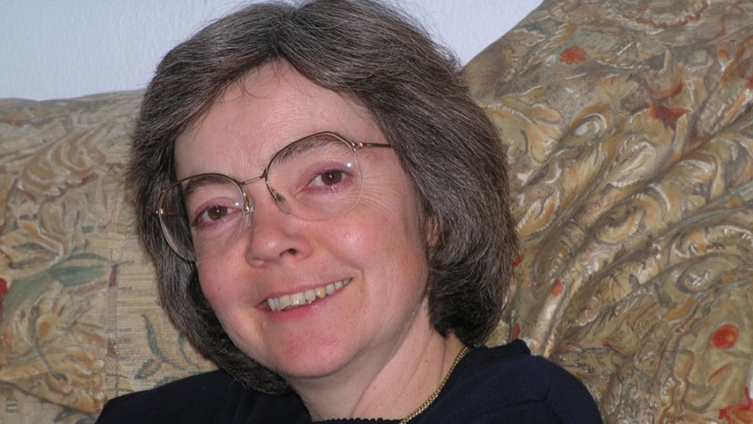
Meet our latest Writer Of The Week, poet John Darley.
You can read his most recent “Friend” poem, “Flower Power”, in this week’s issue.
When did you start writing? Can you remember what inspired you?
I’d always enjoyed writing essays at school, but it was not until I went to art college that I first turned to poetry as an outlet for my feelings and observations.
This was during the 60s, a great time for the arts in all its many forms.
I edited the college magazine, which featured quite a lot of students’ poetry. It is a way of expressing oneself that a lot of people — of all ages — enjoy and get satisfaction from.
I think what inspired me was everything that was going on, both around me and in the wider world, for which I felt a keen empathy, and which also gave me a voice.
You’ve previously written verses for Hallmark cards! Have you ever received a card and recognised your own poem? What was your favourite occasion to write a poem for?
I did once receive a Christmas card which contained my own verse; it was strange, almost as if I’d sent it to myself!
My favourite occasion to write for was Valentine’s Day. It offered limitless scope in the romance department, plus it also allowed for humour, too.
If you get stuck with a poem, how do you work through the problem?
It’s a common issue when your poetry rhymes.
You want to get your message across, but it mustn’t seem contrived — rhyming for the sake of rhyming.
I have sometimes had to go back over a poem and totally rearrange its format, as well as adding elements I might not have considered till then.
I will “worry” at a poem till I get it right, so that it reads seamlessly, with its message clear and fulfilled.
Which poets do you admire most, and why?
I like Thomas Hood; there’s a poignancy about his work. I also admire W.H. Auden, especially “Night Mail“. The rhythm of the metre makes you feel you’re aboard that train heading for Scotland.
One other favourite is Charlotte Mitchell, whose poetry, often laced with humour, deals with all the ordinary, everyday situations we can all find ourselves in.
Notebook and pencil, or laptop? Kitchen table, or study? Blank wall, or inspiring view?
With poetry I have to write in a notebook (always a red, hardbound one, and with a pen I’ve had for nearly forty years).
A poem is all about structure, shape and, of course, theme. I need the paper to lay the foundations; adding words and ideas in the margins as it progresses.
The page often looks a jumbled mess, but I know what it means and what I’m striving for.
It is both challenging and exhilarating finding the right words to express what it is you need to say.
Also, you can take a notebook with you anywhere, and just open it up and start writing. It doesn’t need WiFi!
Poetry is so portable; it’s with you everywhere you go.
And a P.S. – what’s your top tip for an aspiring Writer Of The Week?
My tip would be the same as many other writers would say: to write you have to read, both for the pleasure of it and to understand the requirements of the market(s) that you’re hoping to break in to.
Above all, though, write to please yourself.
For more from the Writer Of The Week series, click the tag below.




